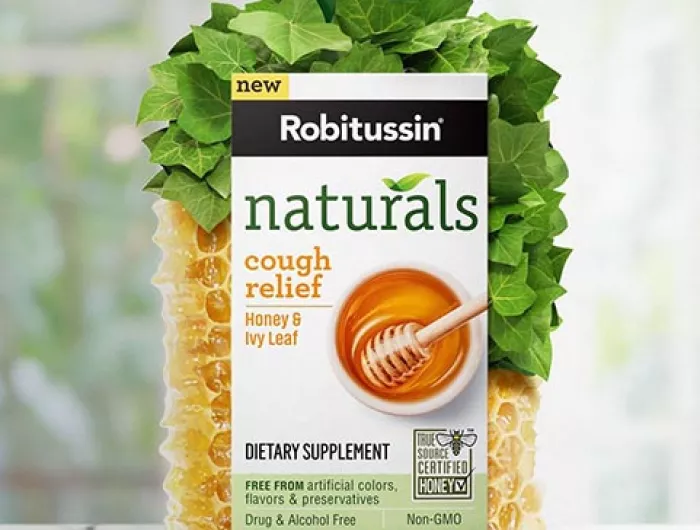Can at-home remedies ease cold or flu symptoms?

Here's what we know about three popular remedies: honey for coughs and chicken soup or neti pots for congestion.
Note: These studies weren't done in people with Covid-19. Not sure how to tell the difference between a cold, the flu, and Covid? The CDC's coronavirus self-checker can help you decide whether to call your doctor or get tested.
Honey
“Powered by the best of nature to help relieve your cough,” says the Robitussin ad featuring its new line of Naturals Cough Relief syrups made with honey and ivy leaf.
In the largest study (partly funded by the honey industry), Israeli researchers randomly assigned 270 children with a cough due to a respiratory infection like a cold or the flu to swallow half a tablespoon of one of three kinds of honey or a placebo 30 minutes before bed.
Symptoms like cough frequency and severity and sleep quality improved by about half in all three groups of honey takers versus by about a third in the placebo takers.
No good studies have tested honey in adults.
Bottom Line: The evidence that honey can relieve a cough due to a cold or the flu is pretty thin. And honey has a downside: Each tablespoon has 17 grams of sugar. That’s a third of the Daily Value for added sugar.
Chicken soup

“Studies show [chicken soup] clears nasal passages and congestion better than other hot liquids,” reported WebMD in 2020.
Only one study has looked. Fifteen healthy adults without a cold or the flu drank chicken soup, hot or cold water, or nothing on separate days. Five minutes after they sipped the chicken soup or hot—but not cold—water, their nasal mucus moved more quickly than when they drank nothing. But when they used a straw, only the soup sped up mucus.
One tiny study, on people without a cold or the flu who knew what they were drinking, is pretty weak evidence.
Ditto for an oft-cited study in which chicken soup slowed the movement of neutrophils in test tubes. (Neutrophils are immune cells that cause inflammation when you’re fighting a respiratory infection.) So what? Chicken soup is digested long before it reaches your immune cells.
Bottom Line: Studies have never tested chicken soup on people with colds. But any hot liquid (including chicken soup) may help clear nasal passages.
Neti pots

“If you feel like your allergies, sinus, and upper respiratory problems are escalating, it might be time to try a nasal irrigation device, such as a neti pot,” said EverydayHealth.com in 2018.
In several studies in people with allergies or chronic sinus inflammation, rinsing out the nose with saline (using a nasal spray, neti pot, syringe, or other nasal irrigator) one to four times a day eased congestion by clearing out thick mucus and debris like dust and pollen. But most of the studies were small and not double-blind.
No good studies have tested whether a saline rinse can ease congestion in people with a cold or the flu.
If you decide to try a neti pot, make your saline solution only using store-bought distilled (not spring) water or tap water that’s been boiled for at least three minutes and then cooled.
Tap water that hasn’t been boiled can be contaminated with an amoeba that can pass through the nasal passage to the brain and cause a rare, but deadly, infection. (Drinking tap water is safe. You can only get the infection through your nose.)
Bottom Line: There’s no good research showing that irrigating your nose with salt water will help ease congestion if you have a cold or the flu.
Photos: Robitussin, New Africa/stock.adobe.com, nullplus/iStockphoto.com.

